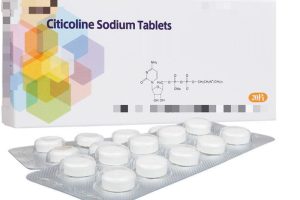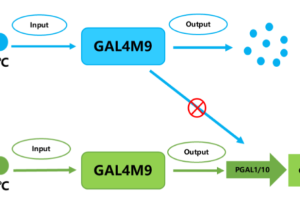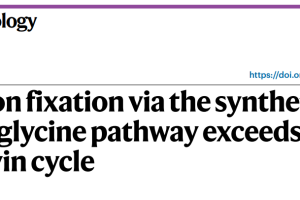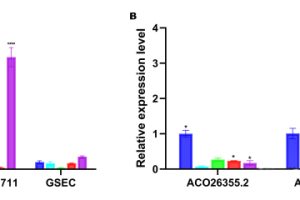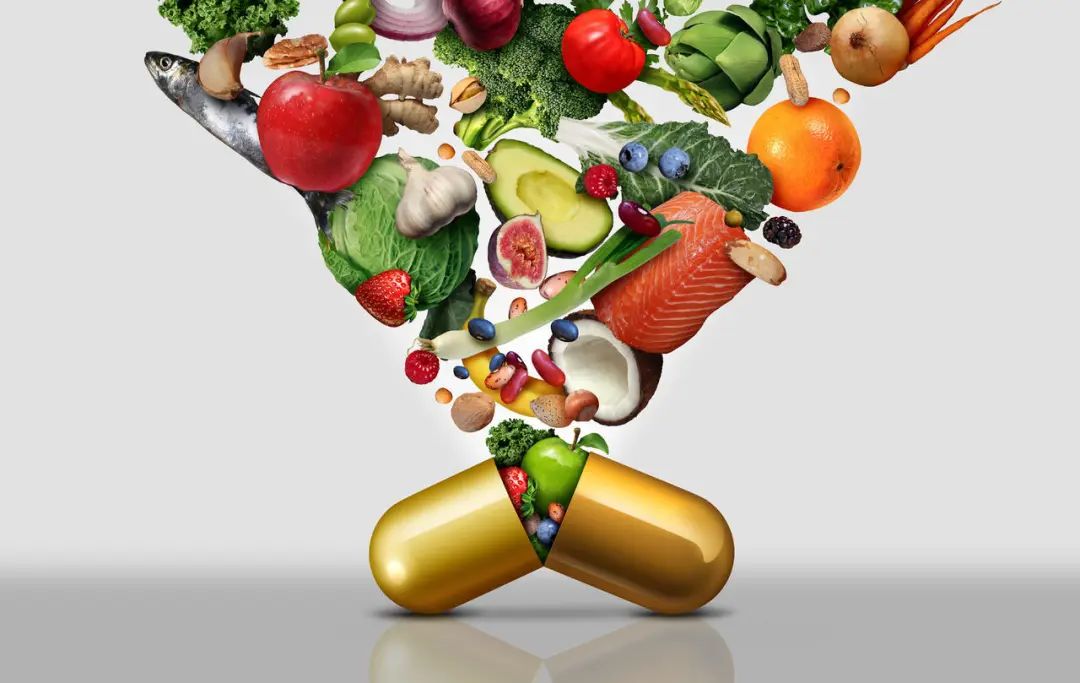What is glutathione?
Glutathione is a tripeptide composed of glutamic acid, cysteine and glycine, which is one of the most important antioxidants in the body. It plays a central role in the detoxification and antioxidant defense of cells.
Glutathione function
1. antioxidation
Glutathione is a major antioxidant within cells that reacts directly with reactive oxygen species (ROS), reducing them to stable compounds.
It can also enhance the antioxidant capacity of cells by promoting the activation of antioxidant enzymes, and protect cells from free radical damage.
2. detoxification
It helps the liver to remove harmful substances from the body, it has an integrated detoxification effect, and is easy to combine with certain drugs (such as paracetamol), toxins (such as free radicals, iodoacetic acid, mustard gas, lead, mercury, arsenic and other heavy metals).
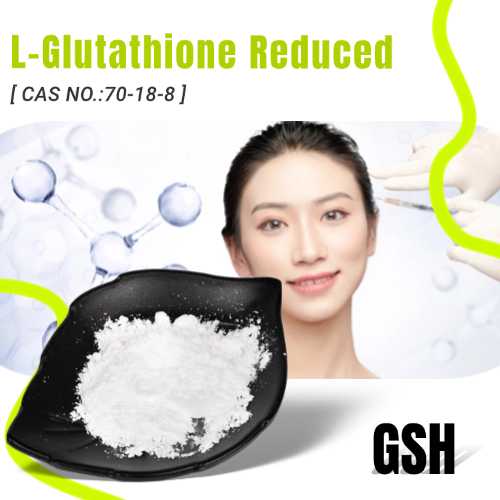
It can participate in the biological transformation, thereby transforming harmful poisons in the body into harmless substances and excreting them out of the body.
3. Immune system support
Glutathione is essential for maintaining a healthy immune system by neutralizing harmful free radicals that can damage cells and impair immune function.
It is also involved in the production and activation of immune cells such as T cells and natural killer cells, which are essential for fighting infection and disease.
4. Energy generation
Glutathione also plays a role in the energy metabolism of cells, entering the cell via the amino acid transporter ASCT2/SLC1A5 and converting to glutamate in the mitochondria.
Glutamic acid is converted to the TCA cycle intermediate alpha-ketoglutaric acid (α-KG), in which TAs also produces the corresponding amino acid.
α-KG is a key metabolite that plays a role in ATP production as well as in the replenishment of intermediates in the TCA cycle.
5. Improve lung function
Glutathione is also being studied in medicine to treat certain conditions, such as cystic fibrosis, where it may improve lung function by inhalation.
Studies have shown that long-term intake of foods containing glutathione can significantly improve lung function, especially for patients with chronic obstructive pulmonary disease.
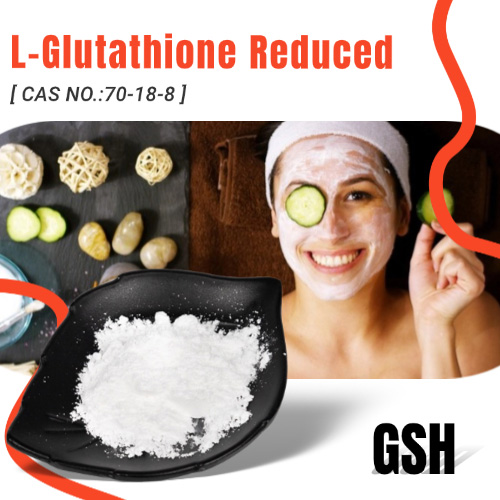
Glutathione deficiency
Glutathione deficiency may lead to decreased antioxidant capacity, decreased liver detoxification, and decreased immune function.
Foods rich in glutathione
Bread yeast, wheat germ, animal liver, tomatoes, pineapples, cucumbers, etc.
Guidelines for the use of glutathione supplements
1. Recommended dose
The RDA (recommended daily intake) for glutathione has not been widely established, with a common dose range of 250-1000 mg per day.
2. Best supplement
Glutathione supplements are usually sold in tablet, capsule or powder form.
3. accelerant
Eat a balanced diet that includes enough antioxidant-rich foods, such as foods rich in sulfur, as well as foods rich in selenium.
4. Inhibiting factor
Smoking, excessive alcohol consumption, and long-term exposure to toxic chemicals may lower levels of glutathione in the body.
5. Applicable population
- Patients with liver disease
- Patients with respiratory diseases
- Patients with chronic inflammation
- People who drink, smoke and are exposed to environmental pollutants for a long time
- People who take drugs and are exposed to toxic substances for a long time
- People who have low immunity and are susceptible to infection
- Patients with chronic inflammation, arthritis and other inflammatory diseases
- Skin health needs
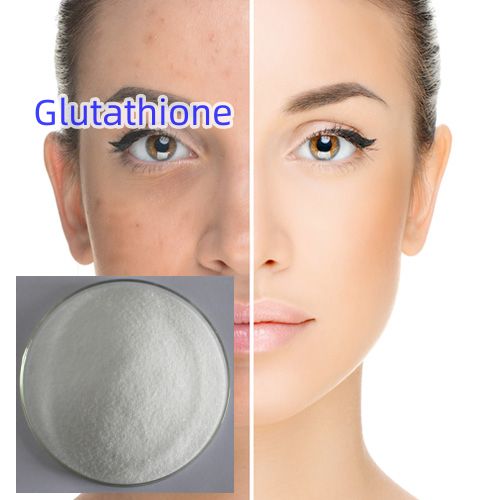
Sum up
Glutathione is a key molecule in maintaining health and is important to fight oxidative stress and support liver detoxification. By consuming foods rich in glutathione, you can help ensure adequate intake and promote overall health.
Our products are not only popular in the Chinese market, but also won wide acclaim on the international stage. We are well aware of the importance of quality and innovation.
we will not only bring the latest products, but also our unlimited enthusiasm and commitment to the health industry.



